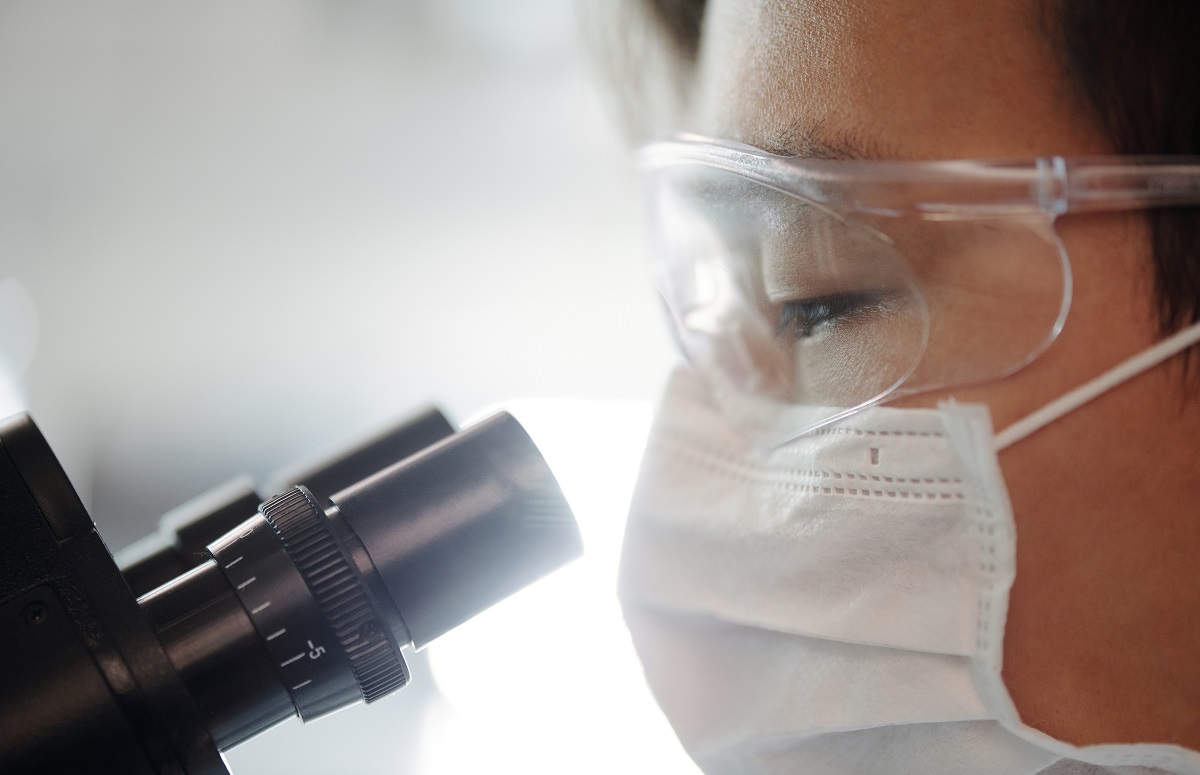The number of antibiotic-resistant bacteria is growing fast. To mitigate their spread, it’s critical to preserve the drugs available and find new antibiotics now, according to PEW Charitable Trusts. Over the past decade, health infections caused by antibiotic drug-resistant bacteria have surged. Also known as superbugs, antibiotic-resistant bacteria have transformed, outsmarting the working mechanism of antibiotic drugs. As a result, superbugs become resistant to antibacterial drugs and continue to grow.
Superbugs, like methicillin-resistant staphylococcus aureus (MRSA) and carbapenem-resistant enterobacteriaceae (CRE) have been making headlines worldwide and can have a horrible impact. Based on Lancet’s latest reports, antibiotic-resistant bacteria kill over one million people every year. The World Health Organization ranks antimicrobial resistance bacteria in the top ten global health threats and states that urgent action is required to prevent the spread of superbugs, especially in healthcare facilities. Below are some ways hospitals can prevent bacterial infections caused by superbugs.
Prioritize Hand Washing
Washing your hands with soap and warm water might sound simple and ineffective, but it’s one of the best ways to prevent the spread of superbugs in hospitals. Ideally, hospital staff should wash their hands for at least 20 seconds after being in close contact with a patient and other people, or after touching surfaces. It’s also crucial for visitors to prioritize handwashing before and after visiting a patient’s room. Since hand washing helps reduce infections in hospitals, educating healthcare workers and the public about hand hygiene is vital. Hospitals should also stock hand washing supplies and emphasize the importance of maintaining clean hands.
Deep Clean Facilities
Disinfecting high-touch places like bed rails, switches, and doorknobs using hospital-grade cleaning supplies is an excellent way of curbing the spread of pathogens in healthcare facilities. But the downside of terminal disinfection is that it removes only half of the bacteria that cause infections. Because of this, many hospitals opt to discard moveable objects like mattresses and then deep clean the entire facility.
Cleaning staff in healthcare facilities can certainly clean every part of the hospital thoroughly. However, it’s always wise to hire specialized hospital cleaning services. Professional hospital cleaners provide services that range from cleaning windows to sanitizing floors, and disinfecting high-touch surfaces like tabletops, doorknobs, and switches. These cleaners are well trained and use advanced janitorial tools that help them maintain high levels of cleanliness in hospitals to enhance patient care.
Take Crisis-Level Caution
Many hospitals implement crisis-level measures immediately when they detect an infection that could easily spread. The first step they take is to isolate patients infected with antibiotic-resistant bacteria, and restrict healthcare staff caring for them from treating other people. Next, healthcare providers train their staff, including medical professionals and cleaners, how to handle the specific microbe. Hospitals also prioritize the use of personal protective equipment for infection control. This equipment includes face shields, waterproof gowns, shoe covers, gloves, masks, and head covers. Hospitals also place patients with antibiotic-resistant bacterial infections in ventilated rooms, to ensure that air doesn’t circulate to the rest of the facility.
Superbugs or drug-resistant bacteria cause life-threatening infections. For this reason, it’s important for hospitals to implement effective methods of preventing the spread of superbugs. This includes prioritizing hand washing, isolating infected patients, using personal protective equipment, and deep cleaning health facilities.
